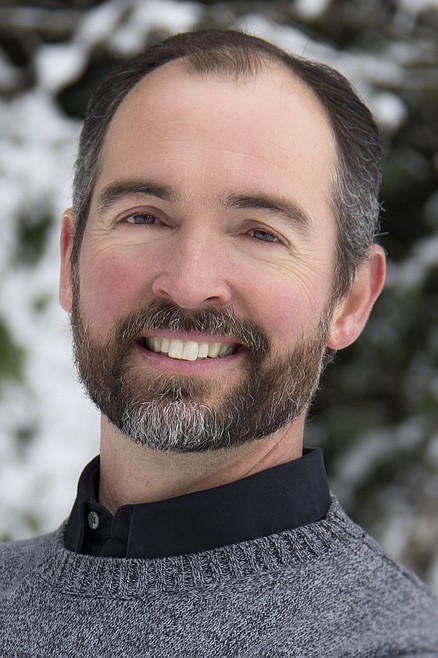Legislative discussion likely to center around funding issues
This session is starting off more slowly than it has in past years. This may be due to the extended session we experienced last year, the fact that this is an election year, or the uncertainty surrounding the redistricting of our Legislature. Also, the annual sharing of viruses we experience, as people from all over the state are working in close quarters, appears to have started earlier than in other years, and may play a factor as well.
Committees have eased into introductory meetings, and many committees in the House have not even met yet. JFAC, our joint budgeting committee, has begun its work, and both the Health and Welfare as well as the Revenue and Taxation committees have met. Health and Welfare started their rules review process, and Revenue and Tax heard an RS relating to lowering the income and corporate tax rate. Many legislators are having bills drafted and are discussing policy options with their colleagues which leads me to believe the pace of our work will be picking up soon.
At the beginning of each legislative session, the governor presents his State of the State address. Generally, this is more of look forward, than a look back, and this year's speech continued that trend. Given that the state has revenue in excess of expectations totaling $1.9 billion, there is opportunity to address many ongoing needs the state has not been able to fully fund in the past. Some of the goals of the governor's budget include a $350 million tax rebate, and $175 million to pay off debt in all state bond programs, both of which will take effect in this year's budget. For the upcoming 2023 budget, being proposed is $251M in tax reductions, $200 million toward maintenance of roads and bridges, and increased education funding. Because the legislature has the constitutional authority for setting the state's budget, the Governor's budget is a suggestion. However, it usually becomes the starting point that JFAC works off of, and especially when addressing larger ongoing changes.
Earlier this week, the House Revenue and Taxation Committee heard H436. With the projection of a large excess of revenue, Rep. Steve Harris worked with the Governor’s Office, and the Senate, to return a portion of the funds to those who originally paid them, as well as to provide ongoing tax relief through lowering our corporate and income tax rates.
Usually, a bill of this import would be negotiated throughout the session and be brought before the body in the waning days of the session. This would then cause many in the Legislature to feel as though they were being pressured and manipulated to pass a bill in order to adjourn the session.
To avoid this perception, Rep. Harris began his work in the interim, and had a bill ready to be presented early in the session. Unfortunately, this approach has caused some concern that the bill is coming before the Legislature too quickly, and that it will stifle any discussion about other tax reform.
While this bill undeniably puts to use a large portion of our excess revenue, it does not prevent further efforts to decrease property taxes, to remove the sales tax on groceries, or to affect change in other facets of our tax structure. It also does not prohibit using some of our excess to strengthen other areas of government that we are responsible to provide to our citizens.
In my opinion, funding issues will be the majority of our discussion this year, other upcoming issues will include: legislation to increase the integrity of our electoral process, continued efforts to protect bodily autonomy, and starting to position the state for the increasing viability of digital assets. This is likely to be a short session due to it being an election year, and our target date for adjourning is March 25.
However, many large topics remain after last session, along with the standard "clean up" bills and budget legislation which may extend it beyond that date. Regardless of the duration, I expect that we will leave our state well positioned to manage our population growth, sustain our growing economy, and limit the influence of government in our lives.
Sage Dixon represents Bonner and Boundary counties in the Idaho House of Representatives, District 1B. He can be reached at sdixon@house.idaho.gov,

